Day 2 – Matanzas River: Nocturnal Spaceships and History of a Massacre
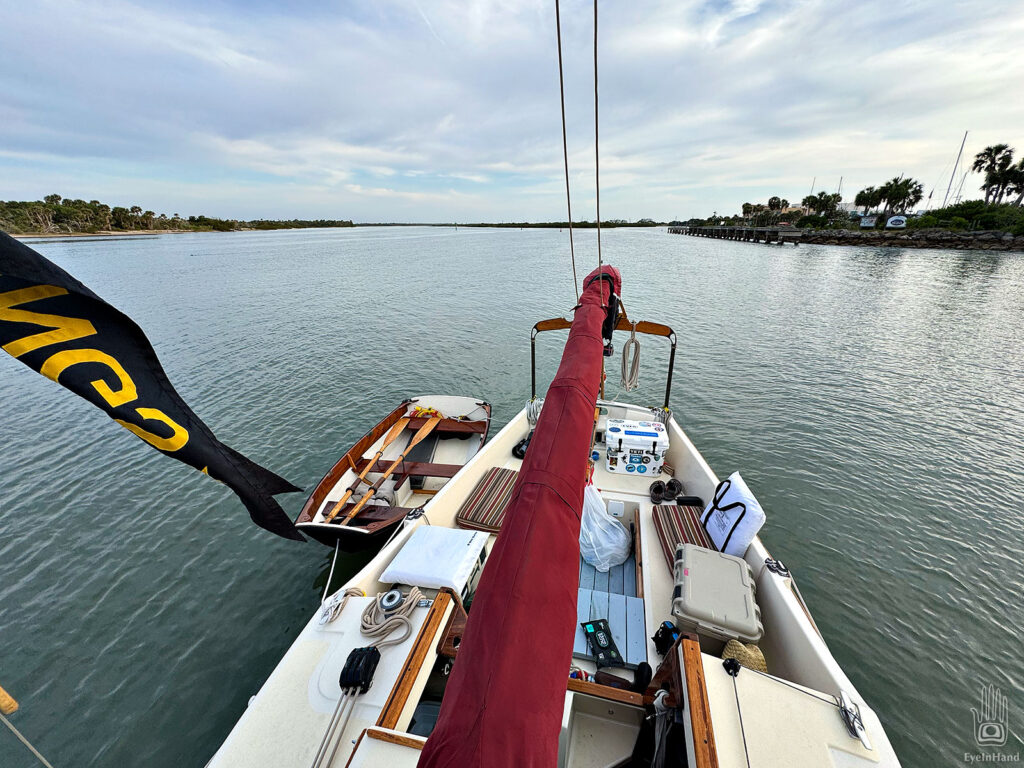
We eat really well. Doug is a good cook, and likes doing it. All the food for at least three days is stored in a pantry bin of dry goods and a medium Yeti cooler with a bag of ice. He’s been doing this long enough – thousands of miles – that he has a good system down.
That said, space is so tight you have to move two things to get to the one thing you need, then move the two things back so you can get out. It’s like a Rubik’s Cube of gear and supplies. He makes the best of it, for sure.
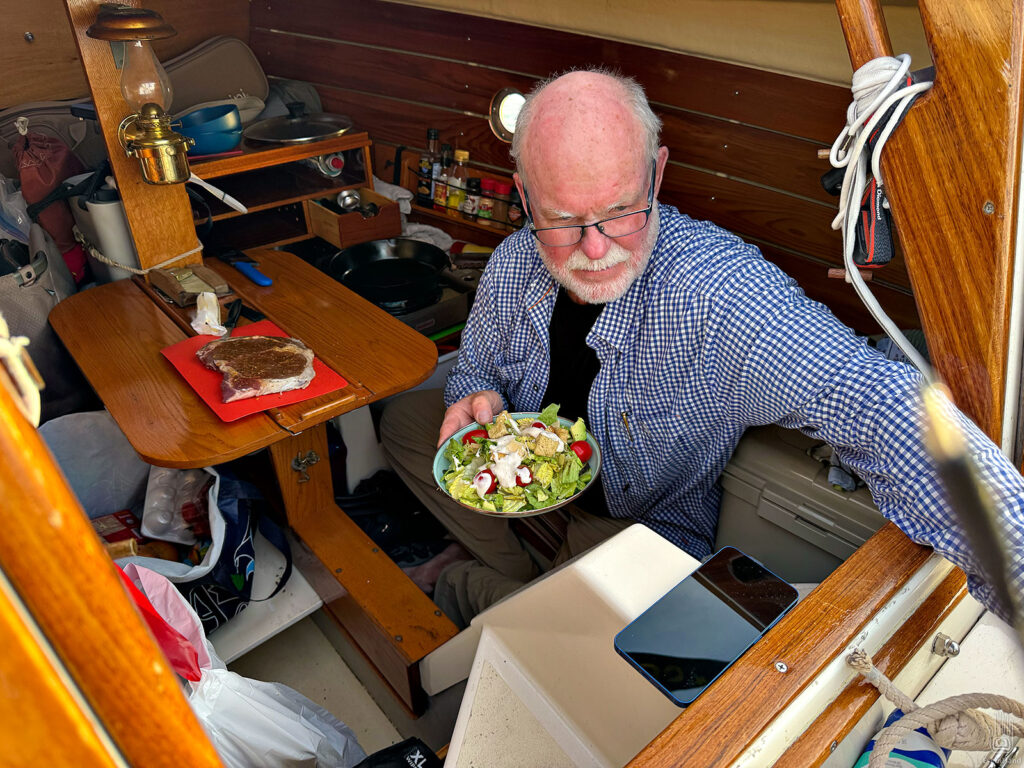
Once I finish shifting and shuffling and fetching per captain’s needs, I’m free to relax on deck while the cabin becomes the galley, while the steward and chef take over.


A young couple appears on the revetment by the marina to fish. Another pair paddles out in kayaks and into a creek across the way. Egrets wade along the near shore. On the far shore I spot deer, and feral pigs – a sow and three piglets wander out of the preserve and forage at the water’s edge. Then dinner appears, and it’s really good and we’re really hungry.
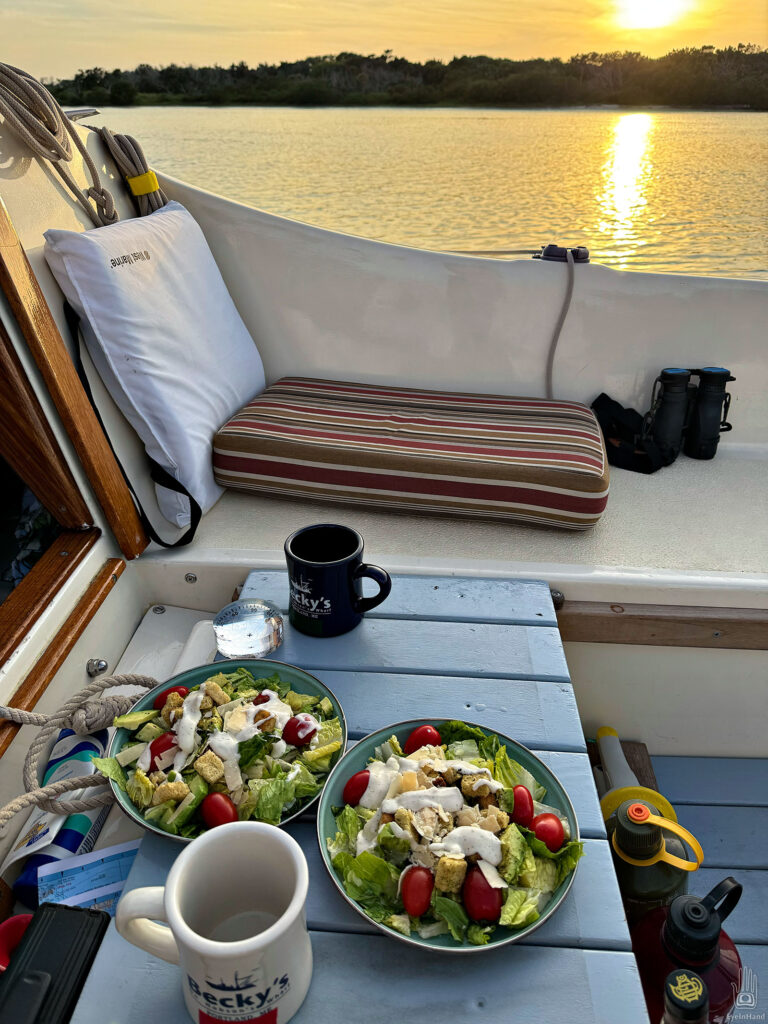
We can hear the roar of ocean surf over the trees. The sliver of land between us and the Atlantic is only a thousand feet wide here.
We are 7 miles from Matanzas Inlet, site of Fort Matanzas, a small stone Spanish fort built in the 1700s. It’s a small inlet, blocked by shoals and the low bridge for old Highway A1A. But in 1740, James Oglethorpe, the English Governor of Georgia, snuck through that inlet with a fleet of ships and laid siege to Spanish St. Augustine to the north. Two years later, the Spanish built the fort on the inlet to close off that chink in their armor, and the fort still stands.
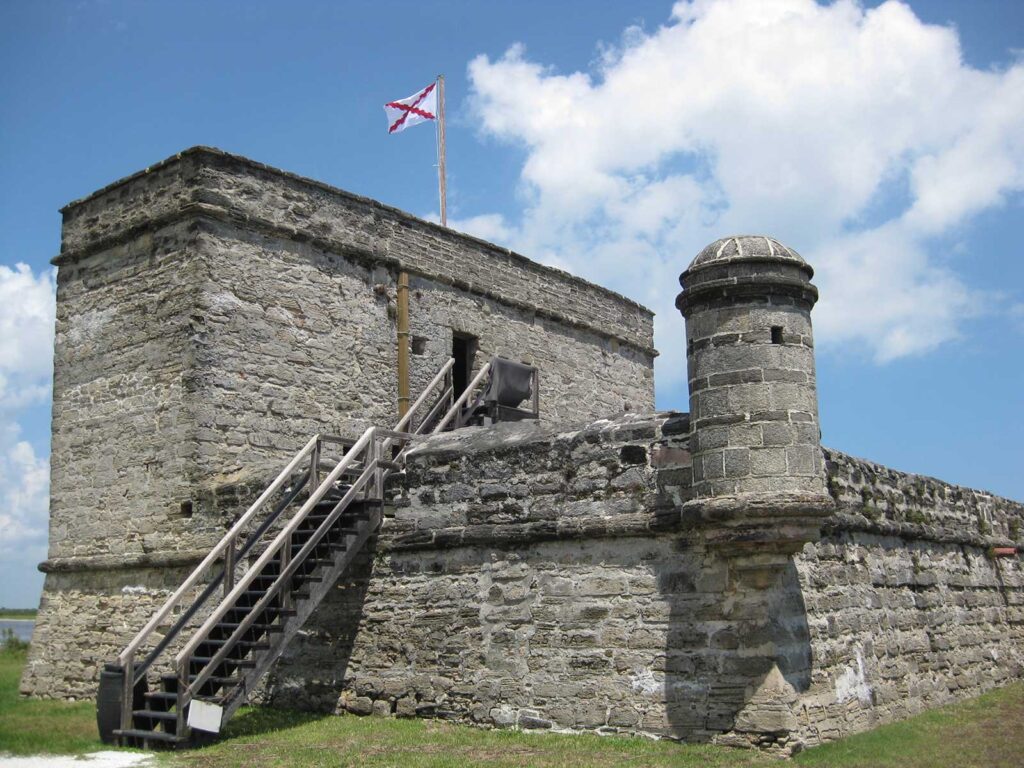
Matanzas – the name for the fort, the inlet, and the river – means “slaughters”. It comes from an earlier episode in the 1500s, where the Spanish army executed hundreds of unarmed French Huguenots lead by Jean Ribault.
Ribault (pronounced “REE-bo” by the locals) was the founder of Port Royal near Beaufort, our destination. Ribault’s fleet was shipwrecked in a tropical storm on the beach that we hear over the trees, marooning all the crew who survived. Starving, they tried to walk north to French territory, but were blocked at the inlet and were trapped by the Spanish, to whom they surrendered. After assuring the refugees of mercy, the Spanish captain Menéndez lured them up the beach in small groups and executed them all, for god and king. Because they were not Catholic.
Though the inlet is seven miles away by water, the tidal current here is strong. It chuckles against the hull. The galley hand (me) does the dishes and we retire for the night. Doug is asleep before I can even get settled. Another amazing talent of his.
In the dark the glow of headlights sweep the horizon; cars on the coast highway, crossing the A1A bridge.
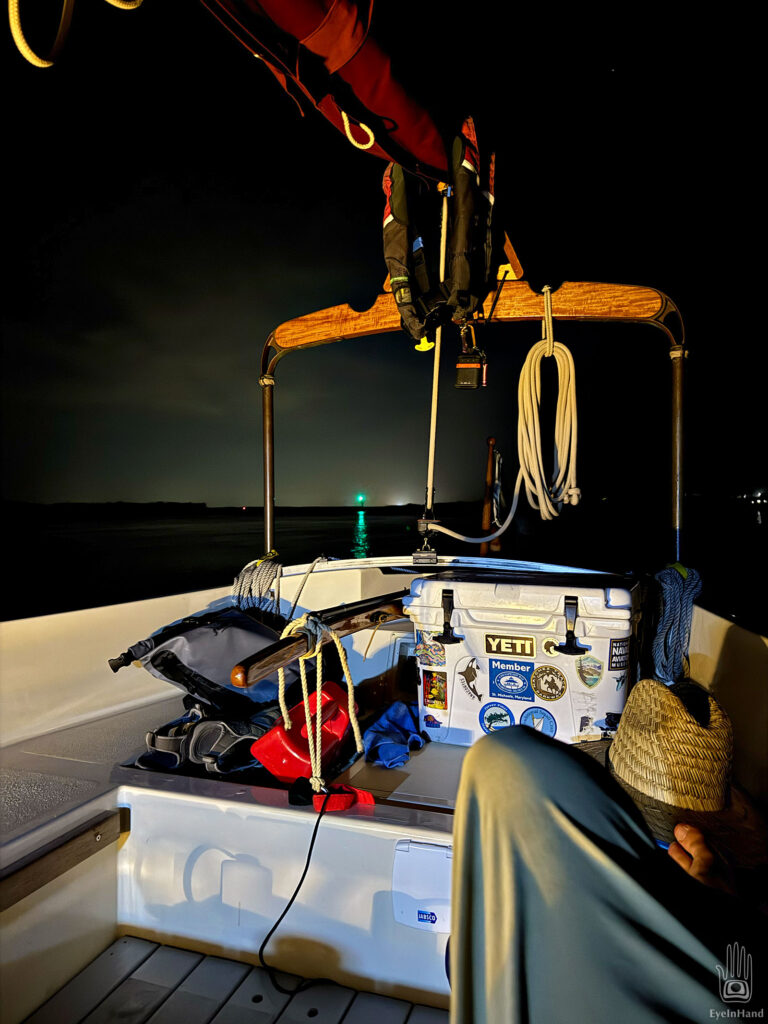
Late that night, something odd about the set of the boat and sound of the water wakes me up. Nothing obviously amiss, just a change. (This is one of my talents, sleeping lightly.) I climb out the hatch for a look.
It’s 3am. A crescent moon floats over the trees, buoyed on the sound of the surf. The tide has turned, but instead of swinging with the current, Tidings is riding broadside to it. I give the anchor line a tug, but it’s held taught, apparently caught on the centerboard. Lowering the centerboard at anchor dampens the rocking of passing wakes, better for sleeping; but this trick will prove tricky in the Low Country, where strong winds and strong tides are often at odds. We seem to be holding, though; so I crawl back into the cabin.
Back in my bunk, the akimbo angle of the boat aligns the hatch opening to the eastern sky. Looking up for one last peek at the moon, I notice something else odd. There’s a strange light moving among the stars. A thin white streak spreads slowly across the sky, then blooms like a luminous flower, or one of those deep sea creatures that shines and sparkles with its own ghostly glow. It’s one of the rockets launched from Cape Canaveral, 150 miles to the south, sowing satellites in the sky like shiny mechanical seeds.

If the anchor line had not hung, I would have missed it. Signs and wonders.
I doze off watching the celestial show dim and disperse. It’s an odd anachronism. On a vessel little changed since the age of sail, at a place where explorers were shipwrecked and murdered in a world still new and unknown, when there were no clocks, not even a way to navigate by with certainty, where Native Americans built ceremonial shell ring mounds thousands of years earlier, aligned along the same path of the same sun and moon – and here I am, watching the passing of a modern spaceship, with swarms of satellites whizzing past overhead that beam down our precise location in real time, and transmit these mutterings across the globe.
He came to a certain place and spent the night there, because the sun had set; and he took one of the stones of the place and put it under his head, and lay down in that place. He had a dream, and behold, a ladder was set on the earth with its top reaching to heaven; and the angels of God were ascending and descending on it.
The Lord stood above it and said, “I am the Lord, the God of your father Abraham and the God of Isaac; the land on which you lie, I will give it to you and to your descendants. Your descendants will also be like the dust of the earth, and you will spread out to the west and to the east and to the north and to the south; and in you and in your descendants shall all the families of the earth be blessed. I am with you and will keep you wherever you go, and will bring you back to this land; for I will not leave you until I have done what I have promised you.”
Then Jacob awoke from his sleep and said, “Surely the Lord is in this place, and I did not know it.” He was afraid and said, “How awesome is this place! This is none other than the house of God, and this is the gate of heaven.”
– Jacob’s Ladder, from the Book of Genesis


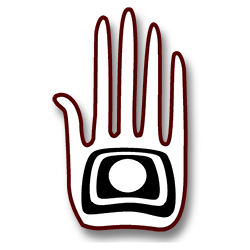
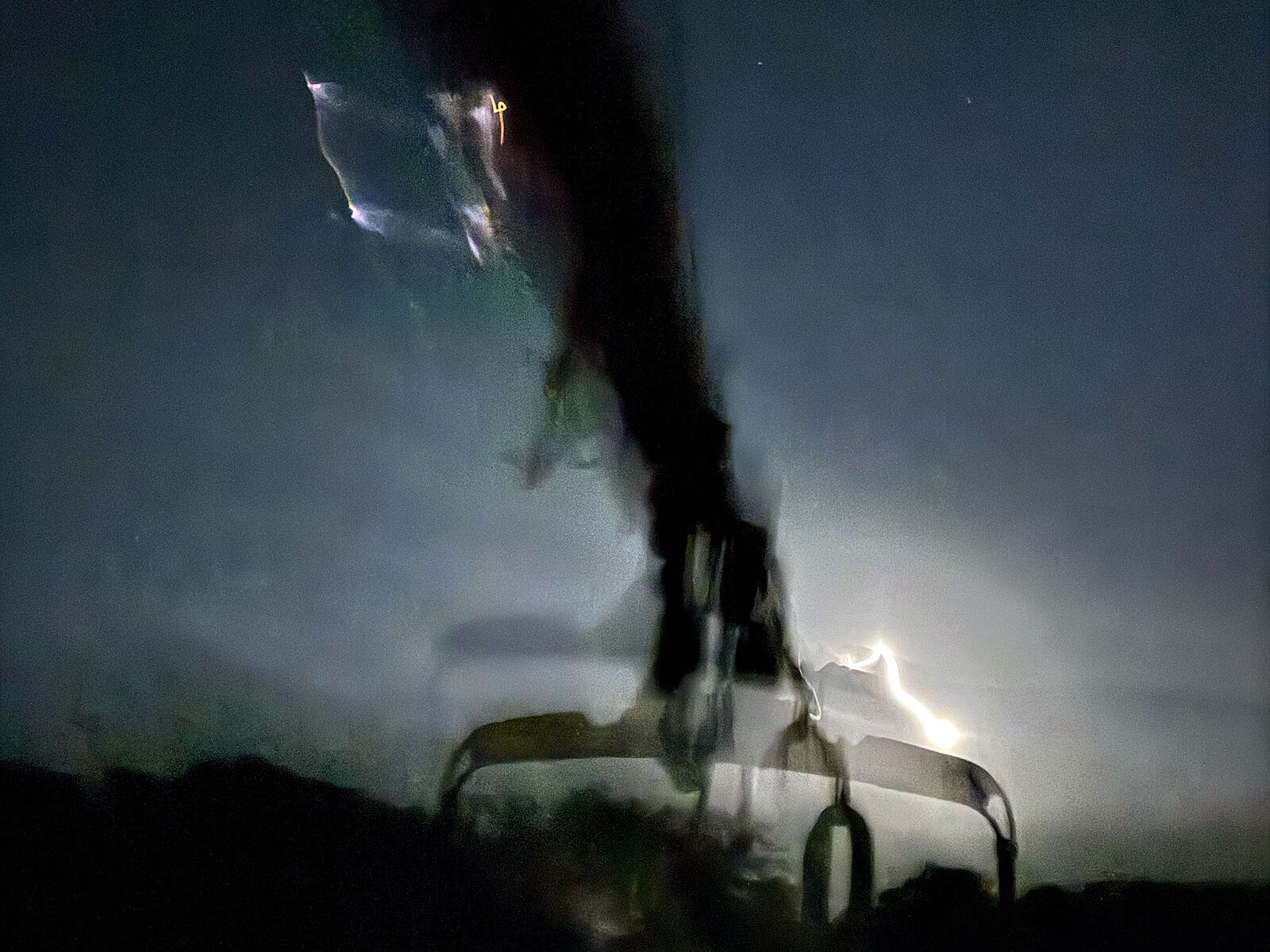
One Reply to “Sea Islands 300 : 05-Celestial Wonders”